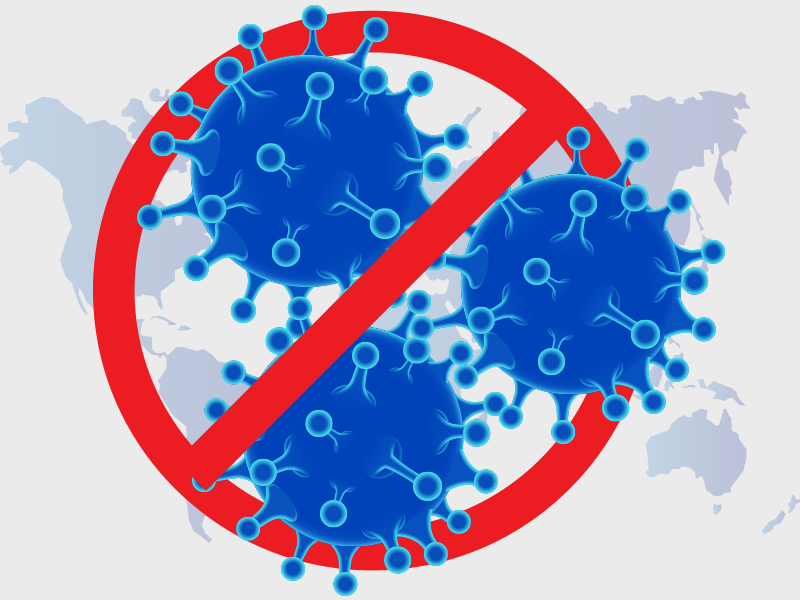Port Moresby: World Bank and UNICEF surveys of Papua New Guinean families have found that while levels of employment, access to education and healthcare remained relatively stable from January to June 2021, 93% of households in PNG had used at least one economic coping strategy since the beginning of 2021, and 40% had used five or more coping strategies.
According to the third round of surveys of approximately 3000 Papua New Guineans (the first round was conducted in June 2020, and the second in December 2020), 88% are ‘very worried’ or ‘somewhat worried’ about their household finances.The most common coping strategies included finding ways to earn extra money (71% of households), spending from personal savings (52%) and receiving non-cash assistance from friends or family (47%). Only seven percent of households reported receiving any assistance from national or provincial governments.
Conducted between May and July this year by the World Bank and UNICEF – just before the major spike in COVID-19 cases from the Delta variant that has severely stretched PNG’s health services – the new surveys show that a third of households (35%) reported reduced or no income since the start of 2020, and households in rural areas were significantly more likely to experience a decline or stop in their income (36%) than households in urban areas (23%).
Stefano Mocci, World Bank Country Manager for Papua New Guinea (PNG) said that with the reality that the pandemic will continue to cause significant impacts for some time yet, it was vital that formal safety nets and assistance are expanded in Papua New Guinea.
"Families, especially those in the bottom 40% of incomes, are reducing their savings and assets, and increasing their debt, just to keep everyone fed and going to school. But this will only make economic recovery even harder in the long term," said Mocci in a press release on Monday.
"And the impacts of the pandemic are not felt equally, with many indicators showing that those in rural areas, and those in the bottom 40% of the wealth distribution, are struggling significantly more than other groups," Mocci added.
Other key findings from the latest surveys include:
1. 93% of PNG families reported using at least one coping strategy since the beginning of 2021, an 8% increase from the first survey when 85% reported using at least one coping strategy.
2. Most families that employed coping strategies were in the bottom 40 percent of the wealth distribution.
3. 33% of households reported selling livestock as a coping strategy, more than double the number that reported using this coping strategy in the first survey (15%).
4.More than two-thirds of all households reported at least one incidence of food insecurity in the past 30 days, with the highest number of families in the Islands region (73%) and the lowest in the Highlands (63%).
5. Less than a quarter of primary school students participated in distance learning when schools were closed in the first half of this year. Of those who didn’t participate, nearly all reported that the reason was that no remote learning program was available.
6. Women-headed households were much more likely to expect no income from this year’s growing season (13%) compared to those households with male heads (2%).
Nearly half of all respondents felt that conditions related to drug and alcohol abuse had become worse since January 2021 – the same result as in the first survey.
Cek Berita dan Artikel yang lain di Google News
FOLLOW US
Ikuti media sosial medcom.id dan dapatkan berbagai keuntungan



















